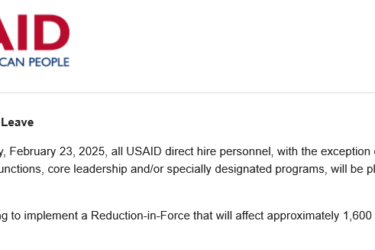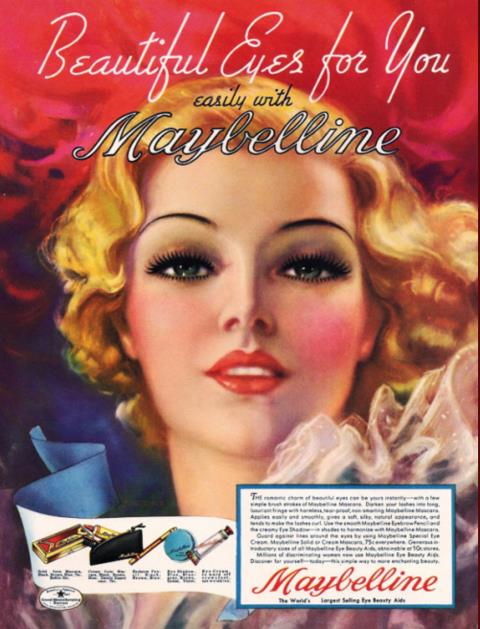Tag: Politics and Regulation

Indiscriminate, Cruel, and Wasteful: Abandoning USAID clinical trials
The chaos and cruelty of its abrupt deconstruction are self-evident and already demonstrable

Personal Care Products Safety Act: Facelift for FDA Regulation or Lipstick on a Pig?
The U.S. cosmetics industry, the largest in the world, is expected to reach $62 billion in revenues in 2016. Yet, despite the fact that its products are regularly applied to, and absorbed by, the body’s largest organ (the skin) and even ingested in small amounts, the cosmetics industry is largely self-regulating. There are over 57,000 different chemicals used in cosmetics. According to...
AMA Decides Gun Violence is a Public Health Issue
On June 14th the American Medical Association’s (AMA) House of Delegates in Chicago, IL voted almost unanimously to adopt a resolution supporting the idea that gun violence is a public health issue. The resolution also called for lobbying Congress to eliminate the ban on research into the causes of gun violence. The AMA reports: “With approximately 30,000 men, women and children dying...
Legislative Alchemy: Chiropractic 2013
Via the magic of legislative alchemy, chiropractors are already licensed health care providers in all 50 states. Thus their legislative efforts tend to focus on expanding their scope of practice and forcing public and private insurers to cover their services, in some cases at the same rate as medical doctors. Those efforts continue in 2013 with 65 bills impacting chiropractors introduced so...
California Acupuncture Board: a Mockery of Consumer Protection
Many of the specific issues that the Governor and the Legislature asked the Commission to review have festered because the [California] Acupuncture Board has often acted as a venue for promoting the profession rather than regulating the profession. — Little Hoover Commission, Regulation of Acupuncture: A Complementary Therapy Framework: September 2004, page 63. On March 12, 2012, during a brief Sunset Review...
Legislative Alchemy: 2012.5
Legislative alchemy, as faithful SBM readers know, is the process by which state legislatures and Congress take scientifically implausible and unproven treatments and diagnostic methods and turn them into licensed health care practices and legally sold products. Previous posts have explored this phenomenon in naturopathy, chiropractic and acupuncture. Our last report on the legislative efforts of CAM providers appeared almost six months ago,...
Not to worry! Chiropractic Board says stroke not a risk of cervical manipulation.
Back in January, the Connecticut Board of Chiropractic Examiners held a four-day hearing to decide whether chiropractors must, as a part of the informed consent process, (1)warn patients about the risk of cervical artery dissection and stroke following neck manipulation and (2) give patients a discharge summary listing the symptoms of stroke.1 On June 10th, the Board of issued a written opinion...
